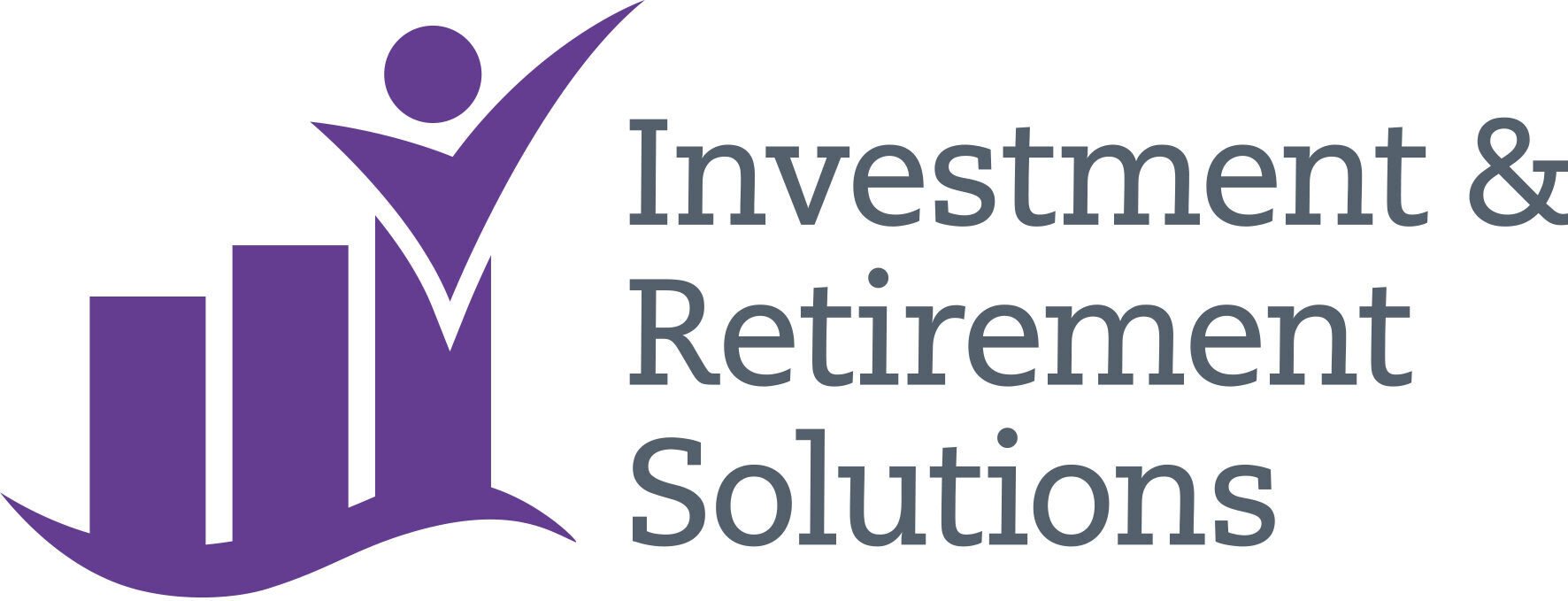As Leicester and Leicestershire go into our first large-scale local lockdown, we thought we’d shout “hi” to all our clients and a key member of our team, who are going to be affected.
Whilst we can’t do anything about lockdown, remember we’re here to support you via the phone or video conference. If you have any financial planning concerns, or if you just fancy a chat, please get in touch.
It seems inevitable that for years to come, what we’re already calling the “Leicester Lockdown” will be subject to repeated examination by both natural and social scientists. We’re delighted to bring you some of the first insight which helps answer the question “why Leicestershire?” from Edward Cartwright, Professor of Economics at Leicester’s De Montfort University:
Leicester economist: our city was vulnerable to a coronavirus outbreak
Edward Cartwright, De Montfort University
Leicester has been placed under a localised lockdown following a spike in COVID-19 cases. The English city reported 866 cases in the two-week period up to June 23. While the origins of the outbreak are currently unknown, I was not surprised to see it happen here.
Leicester is the 32nd most deprived local authority in England (out of a total of 317). An estimated 41% of children there live in poverty. The local economy is also characterised by high levels of in-work poverty and low wages.
The 2008 financial crisis, ten years of austerity, and the roll out of universal credit had already left public and voluntary services in the city stretched to the limit. The city could ill afford another negative shock – and then along came the coronavirus pandemic.
Poverty is an ideal breeding ground for coronavirus for a combination of reasons. First and foremost, workers are desperate to get out and earn money. Then, jobs are likely to be in settings where social distancing is not possible and employers are not overly concerned with health and safety. Moreover people are living in crowded accommodation. An outbreak can, therefore, quickly spread and develop. Specific details on the outbreak in Leicester are sketchy but it does appear to be in areas in the north and east of the city, which are associated with relatively high levels of child and housing poverty.
It offers a glimpse of what a second wave of coronavirus looks like more broadly. While pictures of a packed beach catch the headlines and provoke a frenzy of outrage on social media, a second wave is far more likely to be driven by poverty and economic necessity, well away from public view. Recent outbreaks outside the UK, for instance, have been associated with meat processing plants and coal mines (in Germany) and migrant workers living in cramped conditions (in Singapore).
If poverty is driving local outbreaks then this leaves governments with a very difficult conundrum. To impose lockdown restrictions would further damage the economy, exasperating the very factors that led to the outbreak. In Leicester we are already seeing a fall in business and consumer confidence as a result of the outbreak and associated media coverage. This can lead to a dangerous downward spiral that will inevitably result in higher levels of poverty and inequality, as well as more pressure on local public and voluntary services.
Reflecting realities on the ground
The response to this surge in cases therefore needs to recognise two key factors. First, there are longstanding issues of poverty that likely sit behind coronavirus outbreaks. To simply lock Leicester down for a period of time is not a long-term solution to the problem. Clearly, the outbreak must be brought under control. But it needs to be done in a way that reflects the realities on the ground.
That, ultimately, is going to mean government money to help support local residents, businesses and voluntary organisations to cope. Without that support people are still going to do the things that likely led to the outbreak in the first place. It is easier to close a beach than it is to stop people going to work or resolve problems of overcrowding.
The response also needs to be led by the local authorities and partners who have knowledge and expertise of the specific issues and challenges in the area. For instance, local politicians, health professionals and voluntary organisations have the kind of trusted links with the local community that are essential to disseminate information in a highly diverse city like Leicester.
As things stand there appears to be a drip feed of information that gives Leicester’s city council, which is responsible for the city’s local governance, very little room to deal with the crisis. For instance, data on the location of people who have tested positive has been very slow to trickle down. Without clear information and the power to act the local authorities have their hands tied. That is clearly exasperating the problem within the city.
The scenario we are currently seeing in Leicester is likely to be played out across the country as lockdown rules ease further. It illustrates, therefore, the social and economic difficulties of dealing with coronavirus in a post-lockdown world.
In all likelihood areas of poverty and deprivation will be hardest hit, meaning that well informed policy is essential. Ideally, we would have a forward looking plan to identify and intervene early in other cities and regions that are vulnerable, giving power to local authorities. So far, the Leicester outbreak appears to have been managed from London, and that is not the answer.![]()
Edward Cartwright, Professor of Economics, De Montfort University
This article is republished, with our thanks, from The Conversation under a Creative Commons license.

